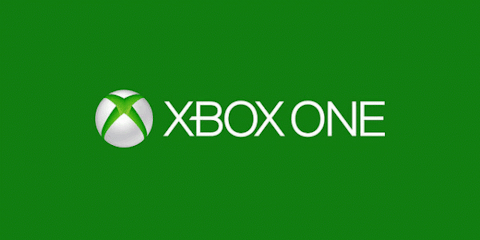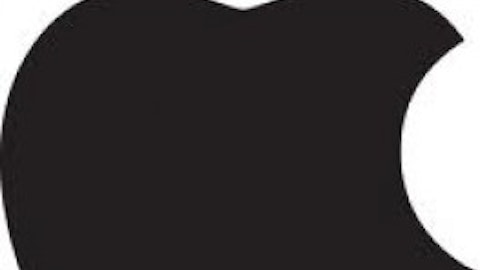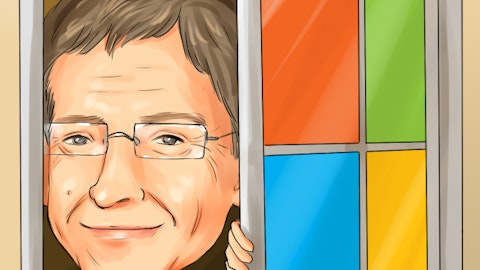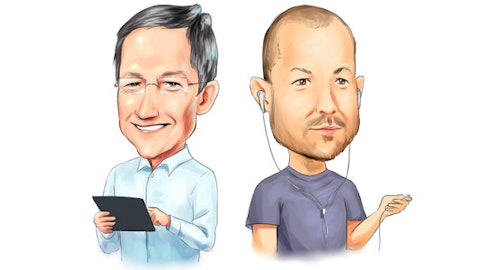In the wake of Steve Ballmer’s planned retirement, there’s been a lot of talk about what Microsoft Corporation (NASDAQ:MSFT) should do. Some of that has centered around a possible break-up scenario, with Microsoft spinning off or otherwise selling some of its divisions, most notably, its Xbox-centered entertainment division.
This would be a colossal mistake, and it would destroy shareholder value. Alone, the Xbox division would face existential risks; at the same time, the larger Microsoft would be squandering strategic opportunities.

A more-focused Microsoft
Microsoft Corporation (NASDAQ:MSFT) is a massive, complex company. With its many divisions and products, there are few areas of tech that Microsoft doesn’t compete in. Spinning off divisions, selling assets, or otherwise streamlining the company could allow Microsoft to drill down and focus.
The Xbox doesn’t seem to fit in with the rest of the company. There are some obvious synergies between operating systems (Windows) and software (Office). There are even some synergies between online services (Bing) and the rest of Microsoft’s products. But video games? Nothing more than a child’s toy — or so many might think.
Battlefield living room
Anyone who buys into that line of reasoning is thinking only of the present. If Microsoft wants to focus only on enterprise customers, getting rid of Xbox might make sense. But if Microsoft has any hope of remaining a consumer-orientated company, it will need Xbox.
Consider the steps being taken by its competitors. Apple Inc. (NASDAQ:AAPL)‘s management, for example, has been extremely clear about the opportunities they see in the living room. Before his death in 2011, Steve Jobs told his biographer that he had finally “cracked” the TV problem. Last year, Tim Cook took that a step further, telling NBC’s Brian Williams that TV was an “area of intense interest” for Apple Inc. (NASDAQ:AAPL). Then, in May, Cook told the AllThingsD conference that Apple had a “grand vision” for TV.
Piper Jaffray analyst Gene Munster, who has been predicting an Apple television set for years, believes that Apple will introduce the TV later this year, and could ship the product in the first half of 2014. Morgan Stanley’s Katy Huberty said Apple’s TV could be a huge opportunity for the company, adding as much as $4.50 to Apple’s annual EPS.
Video game consoles aren’t just for video games
Apple’s TV set, in addition to serving up traditional video content, could also act as a game console. Apple Inc. (NASDAQ:AAPL)’s mobile operating system, iOS, is already immensely popular among independent game developers, and bringing iOS to the TV would result in an unofficial Apple console.
Nat Brown, one of the creators of the original Xbox, argued that an Apple TV could “kill” the established game consoles. Gabe Newell, CEO of Valve, said he feared Apple Inc. (NASDAQ:AAPL) more than the existing industry players. Newell’s company plans to roll out its own living room console (the Steam Box) in the near future.
The line between video game consoles, TVs, and computers is becoming increasingly blurred. Owners of the Xbox 360 spend more time with their device watching online videos and listening to music than they do actually playing games.
Perhaps this is why Microsoft Corporation (NASDAQ:MSFT) has given its next console, the Xbox One, such impressive TV capabilities. Given that it can interface with cable boxes and serve up on-demand content with voice commands, Microsoft’s Xbox One is as much of a smart TV as it is a video game console.
Nintendo (OTCBB:NTDOY)’s gradual decline
Bloomberg, using the value of Nintendo Co., Ltd (ADR)(OTCMKTS:NTDOY) as a guide, estimates that Microsoft’s Xbox division as a stand-alone company would be worth as much as $17 billion. That might sound like a lot, but Nintendo today is but a shadow of its former self.
In 2007, Nintendo was worth more than $80 billion. Since then, the company has lost more than 80% of its value. Nintendo’s steady erosion has come, in part, from its non-conglomerate status. Unlike Microsoft, Nintendo is purely a gaming company, and must therefore profit from its hardware sales. For many years, Microsoft subsidized the Xbox — a luxury that Nintendo doesn’t have. Moreover, Nintendo lacks expertise in industries other than game creation.
Nintendo’s latest console, the Wii U, is radically underpowered compared to the Xbox One, and its interface and online connectivity have been widely criticized. To date, Wii U sales have been an absolute disaster, with the seven-year-old Wii outselling its successor. Ahead of the Xbox One’s release, Nintendo has cut the price of the Wii U, but even at $300, Nintendo will have a difficult time convincing gamers to buy its latest device.
Selling Xbox would be a mistake
It would be a mistake for Microsoft Corporation (NASDAQ:MSFT) to part ways with Xbox. The console already gives Microsoft a strong foothold in the living room, an area that’s setting up to be a significant tech battlefield. If Microsoft still wants to be a consumer company, it’s going to need a living room console to fend off Apple Inc. (NASDAQ:AAPL)’s upcoming TV. At the same time, as a stand-alone company, an independent Xbox could wither away. Nintendo’s steady decline in recent years, a trend that continues to this day, has been due to the company’s limited focus.
If Microsoft Corporation (NASDAQ:MSFT) decides to spin off the Xbox division, shareholders should not be pleased.
The article Microsoft and Xbox Need Each Other originally appeared on Fool.com.
Sam Mattera has no position in any stocks mentioned. The Motley Fool recommends Apple. The Motley Fool owns shares of Apple and Microsoft.
Copyright © 1995 – 2013 The Motley Fool, LLC. All rights reserved. The Motley Fool has a disclosure policy.




